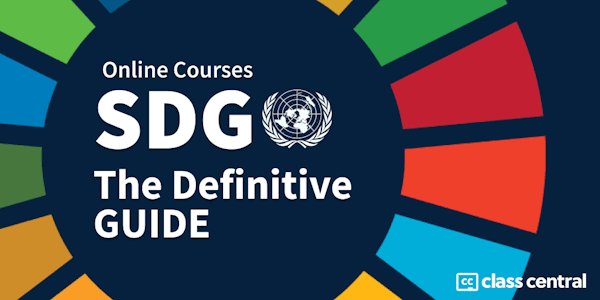Systems thinking and environmental sustainability: solve the Rubik 's cube
Have you ever considered how many aspects of food production affect the natural environment? Every aspect needs to be considered in attaining the future goal to produce enough food for the growing population while at the same time preserving our planet. It's as difficult as solving a Rubik's cube; changing one aspect may affect the environment in a major way.
Systems theory, or systems thinking, is a way of understanding and working with the complexity of sustainable food production systems, which requires training in different disciplines and an approach that can address this complexity. This environmental studies course enables participants to apply the principles of a systems approach to food production with a focus on environmental sustainability.
The MOOC Sustainable Food Security: The value of systems thinking is part of the XSeries programme Food Security and Sustainability, which learns you more about how we can feed the world with its growing population and wealth in a sustainable way. The other MOOCs in this XSeries are Sustainable Food Security: Crop Production and Sustainable Food Security: Food Access.
The professors at Wageningen University
The University of Wageningen offers an excellent combination of conducting research worldwide and educating in the area of 'healthy food and living environment'. For each course, professors from specific fields of expertise are eager to teach and share the University's mission: "Explore the potential of nature to improve the quality of life".
This is why you should sign up
Sign up as a student if you want to acquire knowledge about environmental sustainability and the way systems thinking helps in decision-making in the complexity of food production. After successful completion of both practice and graded assignments related to this course, you will:
- Understand the complexity and diversity of food production systems
- Understand the principles of system analysis and apply it to environmental issues in food production
- Understand evaluation methods for the environmental impact of food production systems in different contexts and levels (e.g. farm, regional and global) Be able to evaluate strong and weak points of different food production systems regarding environmental sustainability
- Be able to contribute to a discussion about environmental sustainability and food production and ask relevant questions



